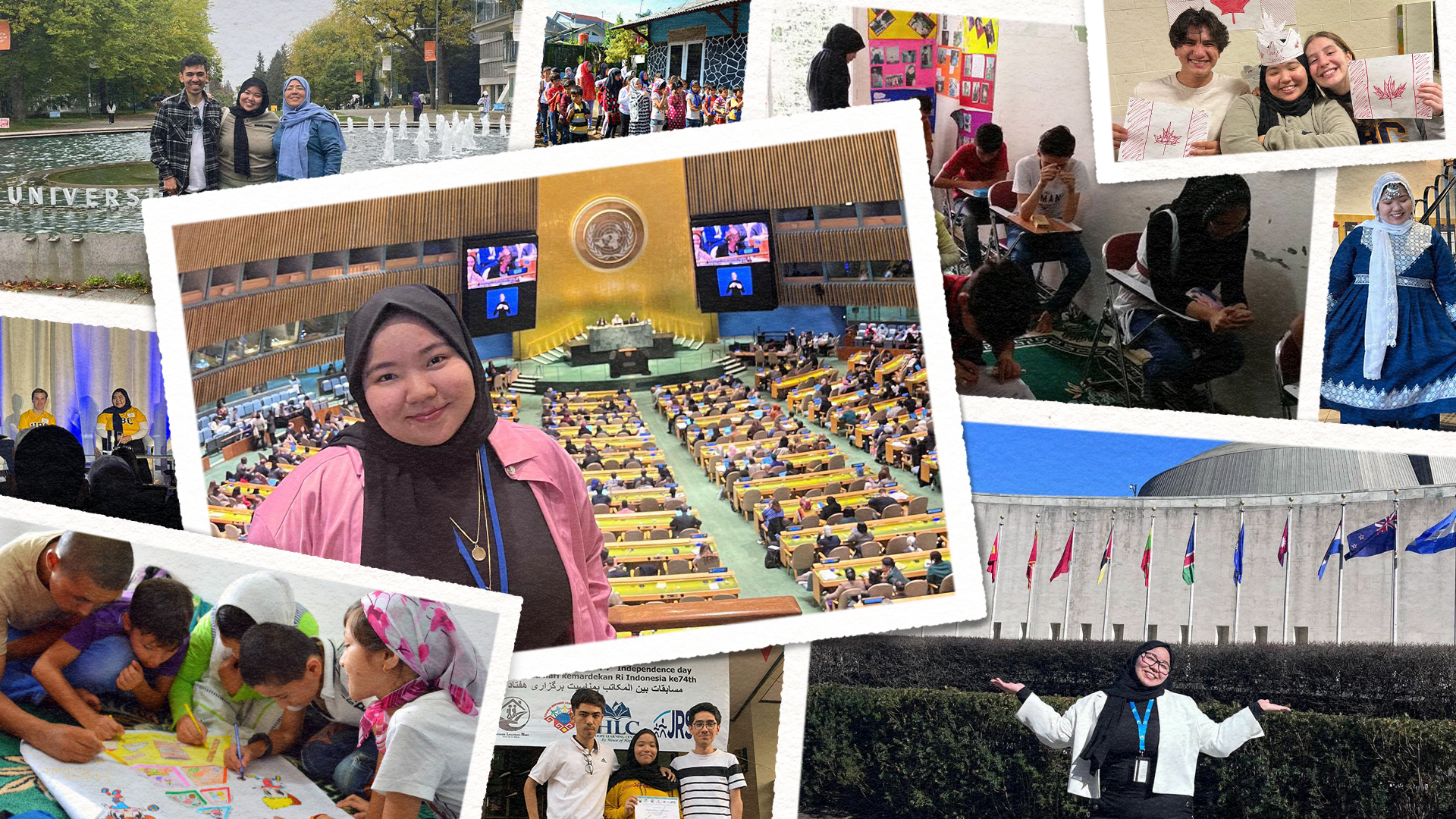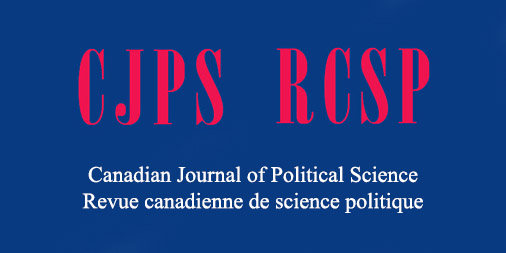

UBC Political Science students are taking advantage of opportunities to explore European politics, both locally and in Europe. Under the leadership of Professor Kurt Huebner, UBC Political Science has been able to offer a range of European experiences.
“Apply for Model EU and other European study opportunities at UBC,” Third-year Political Science and Economics student Anna Toderas said. “It has truly expanded my interests in the field of political science and has taught me knowledge and skills that I otherwise never would have received in a class setting.”
This year, UBC Political Science students participated in the Schuman Challenge, Model European Union Parliaments in Seattle and Ottawa, and a European Union Study Tour.
Congratulations to UBC Political Science student Mathew Yiu Chung Ho who won first prize at the Schuman Challenge.
UBC Political Science and Sauder School of Business student Mathew Yiu Chung Ho first learned about the Schuman Challenge during Prof. Huebner’s class on European Integration, which provided a lot of resources, learning experiences and opportunities to explore the topics of the course outside the classroom.
“I was mainly interested in participating in the competition to better understand the current challenges to the international order, and geopolitical flaws and challenges the West has faced,” Ho said. “I hoped to gain a better understanding of the geopolitical challenges that the European Union currently faces in the current situation in light of the Russian war in Ukraine, especially with developments such as the EU’s own Strategic Compass, in conjunction with other great powers such as China and the United States.”
The topic of this year’s challenge was “Paradigm shift? What does EU’s response to the Russian war of aggression in Ukraine mean for the future of its foreign policy.” Ho argued that there was no paradigm shift, highlighting how recent EU developments such as the Strategic Compass lacked strategic autonomy in just reinforcing the priorities of its partners.
“Rather than just focusing on Europe, my research took a bigger picture approach in analyzing the EU’s lack of change in regional policies regarding Africa in areas of energy, and security, along with a disparity in treatments of refugees from Ukraine and that region,” Ho explained.
Ho will be invited for a one-week visit to Brussels in September where he will be introduced to all key institutions of the EU. Mathew’s passionate about public policy and global affairs. He is excited to use his study visit to Brussels to gain a greater understanding of how the EU is asserting its values in an increasingly complex and multipolar world.
“Having been interested in both aspects of foreign policy, and public administration, I would be looking forward to seeing how the EU conducts diplomacy, especially through the European External Action Service (EEAS), the European Commission, and parliament, and other directorates under those high level bodies,” Ho said.


UBC Political Science students engage in interactive learning through Model EU Parliaments
This year, UBC Political Science students participated in two Model EU Parliaments: The West Coast Model European Union and the Pan-Canadian Model European Union.
The West Coast Model European Union (co-founded by the EU) is an annual simulation of a European Council summit. In March 2023, students from across North America, including six from UBC Political Science, travelled to the University of Washington in Seattle to debate relevant and pressing concerns from the perspective of European member states.


UBC Political Science and Economics student Anna Toderas
“My experience with the conference has deepened my interest in the EU and how they can impact our collective future,” Anna Toderas said.
At the event, Toderas negotiated in the role as the Presidency of Croatia, learning how smaller countries within the EU like Croatia, Malta, Cyprus and Slovenia are able to contribute to initiatives and make their voices heard.
“The topic of the “New Energy Resilience Fund” at the conference sparked my interest in what the EU is currently developing and investing in within R&D (research and development) to address the unfavorable impacts of our warming climate,” Toderas said. “R&D is a very crucial and necessary step in moving towards a more clean, carbon neutral future, so I’ve started to research a lot on policies and developments. Policy creates change!”
Toderas was also one of 10 students who participated in the first Pan-Canadian Model EU, organized by the EU Delegation to Canada and hosted from May 5-7, 2023. During the conference, our students negotiated the interest and policy preferences of EU member states towards the Arctic region, taking on the role of one of the EU Member States and worked towards building a consensus on Arctic issues including Indigenous rights, environmental degradation through climate warming, and EU Arctic sovereignty through security/defense.


At the conference, Toderas acted as the Kingdom of Sweden. She learned that it is through shared values of cooperation, peace, and innovation that the EU delegates must pursue to set a sustainable Arctic strategy that ensures stability, promotes prosperity and respect for environmental protection.
“The two events were very similar in terms of what students can learn and gain,” Toderas said. “It is still worth attending both and other Model EU conferences as they always consist of different professors, participating students and universities, location, and representatives from the EU.”
“I am even doing an internship at the European Commission this summer with students that I met in Seattle and Ottawa from UBC, U of Vic, Ottawa U, Carleton, and others! I never would have met them without the model EU conferences.”
UBC Political Science students travel to Europe for up close study of European institutions and challenges
The EU Study Tour program goes into its 17th year. After two years of virtual experiences, the program returns to an in-person format with sixteen students heading out for a three-week immersion program to Brussels, Luxembourg, and Frankfurt.
“The interest in this program is enormous: we received more than 50 applications!” Prof. Kurt Huebner said.
Each year the research seminar focuses on specific topics confronting the EU. This year, students will be learning about energy security and policies.
“The EU is very ambitious in terms of climate policy,” Dr. Huebner says, “But with the Ukraine invasion [by Russia], now they have to secure energy and fossil fuels—so how do they manage that tension?”
The program will visit the European Central Bank in Frankfurt, Germany, and Luxembourg’s Court of Justice or NATO in Brussels, Belgium to hear about climate-supportive policy with the department director. They will talk EU relations with the Ambassador to Canada or policy-making with a high-level rep at the EU Commission. Students write one blog post per week capturing their insights.
The EU Study Tour also comes with internship opportunities. This year, nine of our students will spend two additional months in Brussels where they intern at core EU institutions.


